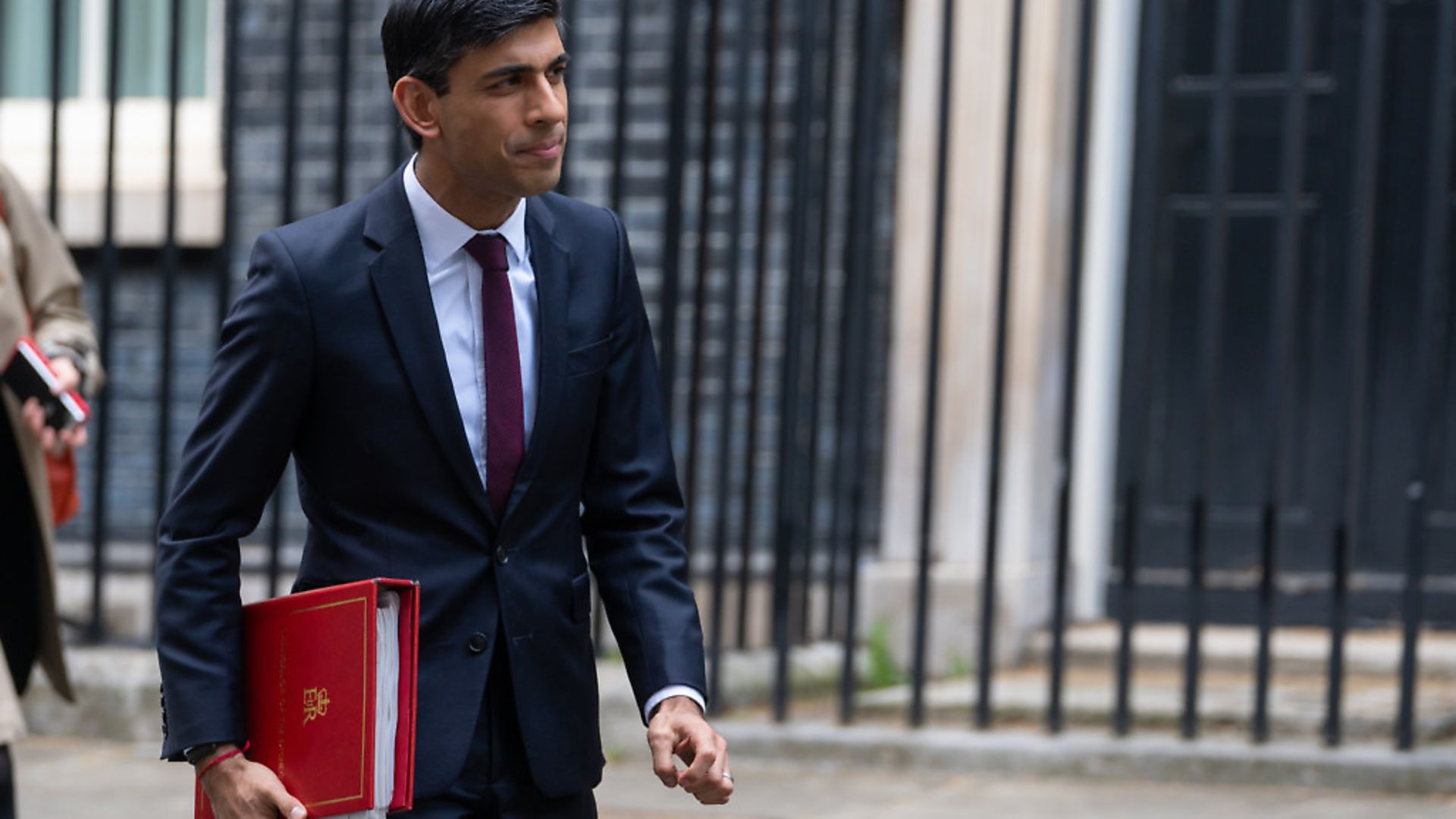
Chancellor Rishi Sunak is considering his options on tapering off the government’s furlough scheme which is supporting workers staying at home during the coronavirus outbreak.
There are some concerns over the cost of the programme, with the latest government figures showing 6.3 million people are having up to 80% of their salaries paid by the Treasury at a cost of £8 billion.
The Times reported that Sunak will announce plans next week on how to wind down the scheme from July, with options including cutting the subsidy level and lowering the £2,500 cap on monthly payments.
A senior government source bluntly told the newspaper: ‘People are addicted to the scheme. We’re not talking about a cliff-edge, but we have to get people back to work.’
But Treasury sources insisted that ‘no decisions have yet been taken’ over the scheme which was introduced to prevent firms from laying off thousands of workers during the lockdown.
Have your say
Send your letters for publication to The New European by emailing letters@theneweuropean.co.uk and pick up an edition each Thursday for more comment and analysis. Find your nearest stockist here or subscribe to a print or digital edition for just £13. You can also join our readers' Facebook group to keep the discussion and debate going with thousands of fellow pro-Europeans.
Health secretary Matt Hancock told Sky News that the government must ‘wean off’ businesses from the scheme ‘as the economy gets back on its feet’.
Sunak has acknowledged that the current level of expenditure was not ‘sustainable’ in the long term but promised there will be no ‘cliff-edge’ cut-off to the scheme.
Speaking to ITV News, he said the ministers were investigating ways to wind down the scheme currently due to run to the end of June in a ‘measured way’.
Labour has called for the government to make the scheme more flexible to allow people’s gradual return to work.
And the Liberal Democrats have called for a ‘tapered’ end to the programme, with the Treasury paying 50% of salaries for the first month after people return to work, falling to 30% after the third month, with employers picking up the full bill after the fourth.
The comments come after senior Tory MP Graham Brady told the House of Commons the public had been ‘too willing’ to stay at home.









